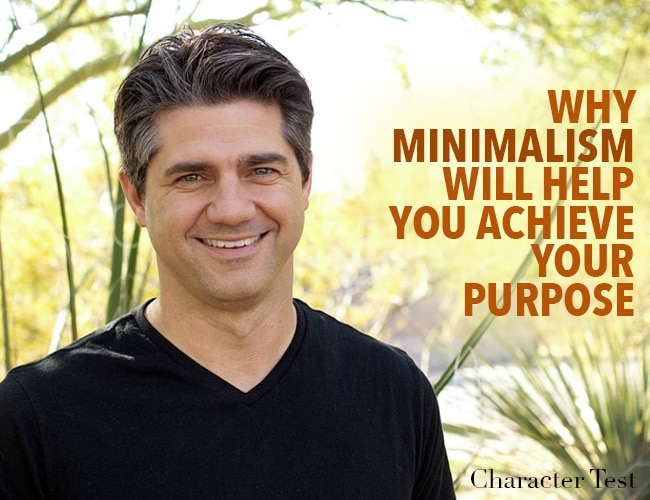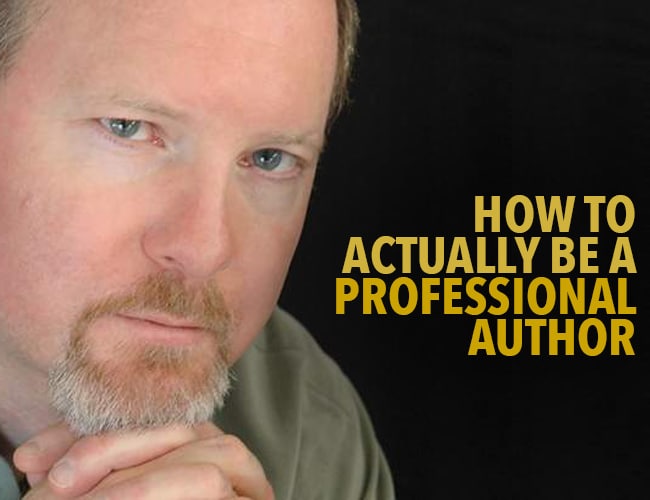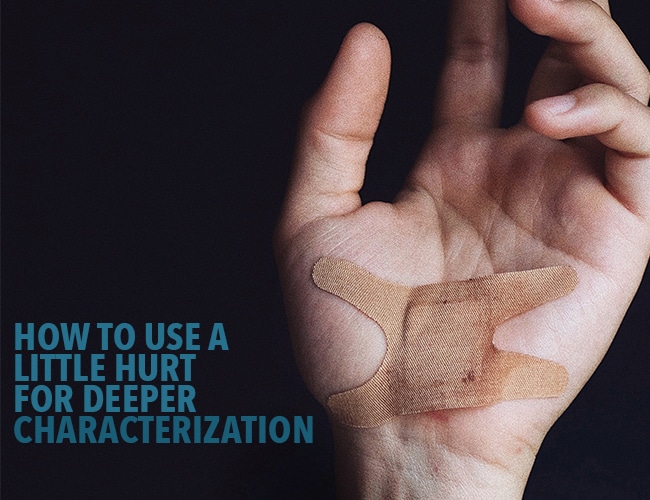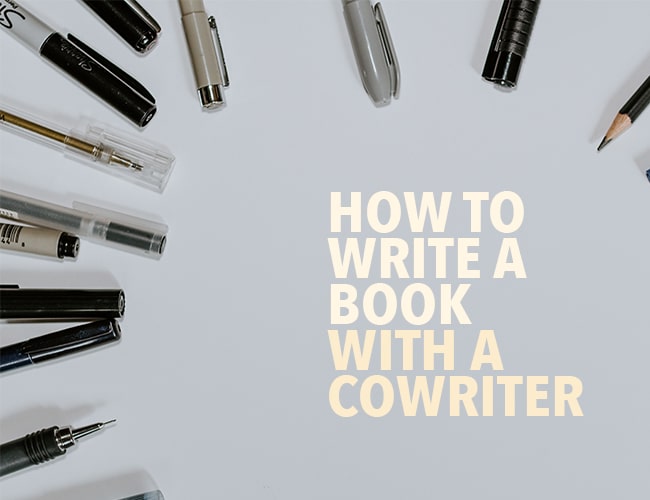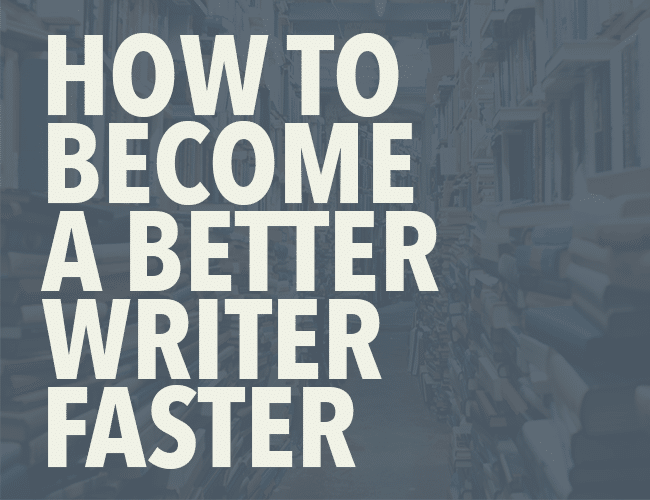What do readers demand from the stories they read? They expect to be entertained, to learn something, to be intellectually challenged, charmed, or tickled. Readers want to have questions raised and answered and they love action, chases, and puzzles. But above all, readers read to feel something, to be stirred emotionally.
That’s why learning to craft an emotion-baited hook can be one of the most powerful tools in your toolbox. So let’s take a look at how to do that.




